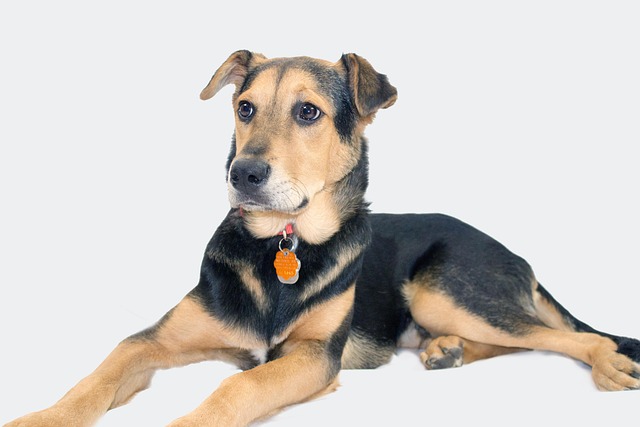
How can I tell if my dog's heatstroke is serious
Let’s be real: It’s a sticky August morning in Los Angeles, and you took your 2-year-old Golden Retriever, Max, for a walk a little later than usual
When it comes to choosing a furry friend, the question of “Which breed of dog has the best health?” isn't just about lifespan—it's about years filled with wagging tails and zoomies. While no breed is completely immune to health issues, some are known for their robust constitutions and lower risk of inheritable conditions.
Mixed-breed dogs, often called mutts, top the list for many experts. Their genetic diversity acts like a natural shield, reducing the likelihood of breed-specific disorders. Rescue shelters are filled with these genetic powerhouses, offering not just a healthy pet but also a chance to give a second life to a deserving dog. Just remember, local leash laws and vaccination requirements apply regardless of breed, so keep your adoption paperwork and vet records handy.
The Australian Cattle Dog stands out among purebreds. Bred to work long hours herding livestock, these dogs have endurance in their DNA. They're less prone to obesity thanks to their high activity needs, but be prepared for daily adventures—ideally in a fenced yard, as many areas have regulations about off-leash dogs in public spaces.
 For apartment dwellers, the French Bulldog surprises with its relative hardiness compared to other brachycephalic breeds. While they still need careful monitoring for breathing issues in hot weather, their compact size and moderate exercise needs make them a popular choice. Just be aware that many municipalities have breed-specific legislation, so check local laws before bringing one home.
For apartment dwellers, the French Bulldog surprises with its relative hardiness compared to other brachycephalic breeds. While they still need careful monitoring for breathing issues in hot weather, their compact size and moderate exercise needs make them a popular choice. Just be aware that many municipalities have breed-specific legislation, so check local laws before bringing one home.
Labrador Retrievers remain a staple for families worldwide. Their friendly nature is matched by a generally healthy constitution, though they do tend to overeat. Portion control is key, as obesity can lead to joint problems down the line. And don't forget, microchipping is mandatory in many regions to ensure your beloved Lab can always find its way home.
The Basenji, known as the “barkless dog,” is a unique option for those valuing quiet companionship. Native to Central Africa, this breed has a natural resistance to many common canine diseases. However, their independent streak means early socialization is crucial—many communities require dogs to be well-behaved in public spaces to avoid fines.
Ultimately, a dog's health depends on more than just breed. Regular vet check-ups, balanced nutrition, and plenty of love play vital roles. Whether you choose a rescue mutt or a purebred, always research local pet regulations. After all, a healthy dog is a happy dog, and ensuring compliance with community standards helps keep our furry friends safe and welcome everywhere they go.

Let’s be real: It’s a sticky August morning in Los Angeles, and you took your 2-year-old Golden Retriever, Max, for a walk a little later than usual

You're enjoying a summer afternoon at the park when you notice your dog has stopped panting and appears disoriented - their gums are bright red

Let’s paint the picture: You’re in your Denver apartment, watching your 4-year-old Boston Terrier, Ruby, plop down mid-play session with her favorite toy

Many dog owners notice their pets nails seem shorter after regular walks,but how much does this daily activity actually help?The answer depends on where you walk—concrete sidewalks or asphalt streets gently file nails as a dog's paws hit the ground

Most dog owners notice their pup scooting across the carpet at some point, but few connect it to impacted anal glands. These small sacs near a dog’s rectum secrete a scent for marking territory

Most vets agree that regular dog teeth cleaning is key to avoiding painful dental issues later. For healthy adult dogs, a professional cleaning at the vet’s office every 12 to 18 months usually works well.